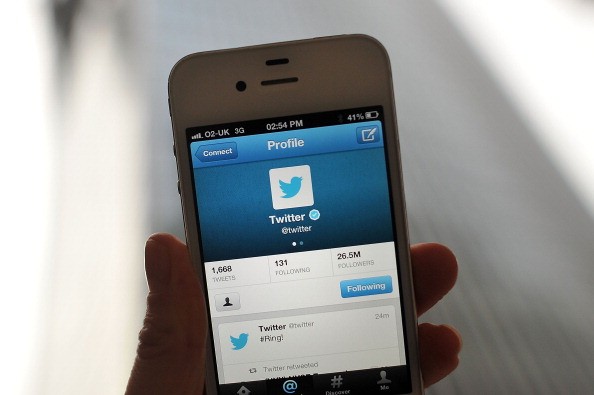
A British suicide prevention group attempted to help people in emotional and psychological distress by creating a free web app. The concept was well-meaning, but the app was withdrawn almost immediately because of an outcry over privacy concerns.
The Samaritans created a Twitter app called Samaritans Radar that would alert people when someone who they followed posted messages that suggested depression or suicidal thinking. The intent was to alert people that someone they know was seriously depressed. The app was programmed to call attention to phrases like "hate myself" and "tired of being alone."
Many people immediately pointed out that the app breached people's privacy by collecting sharing information about their emotional and mental health without their knowledge or consent.
A petition was launched against the app and The Samaritans withdrew the app a week after releasing it. One person who signed the petition noted that the app could let a stalker know when their stalking victim was vulnerable.
"Our primary concern is for anyone who may be struggling to cope, including those with mental health conditions. We are very aware that the range of information and opinion which is circulating about Samaritans Radar has created concern and worry for some people and would like to apologise to anyone who has inadvertently been caused any distress. This was not our intention," the organization said in a statement.
To psychiatrists, the problem with an app like Samaritans Radar is that it could let untrained people judge someone's mental health based on a few posts or tweets. It could unfairly label groups of people as having mental health disorders, Dr. Allan Frances, a psychiatrist and professor emeritus at Duke University School of Medicine, told the New York Times. He added that the methods that an app like Radar uses are crude, but could pave the way for insurers or employers to use such techniques to judge and screen people.

